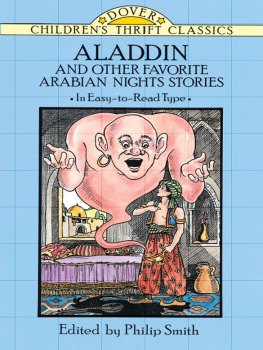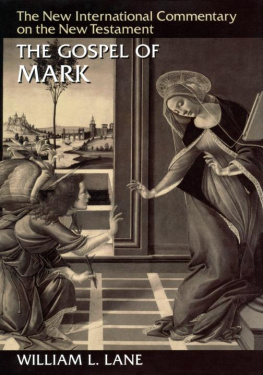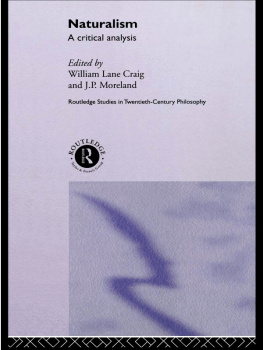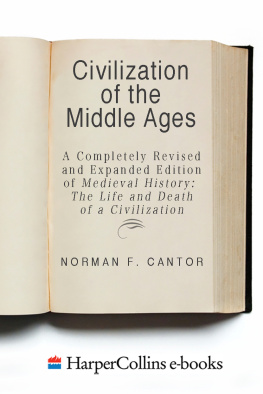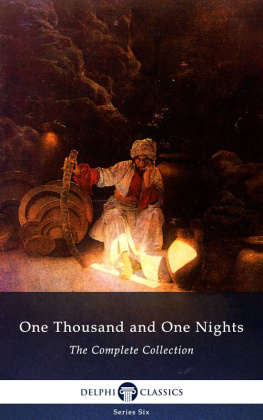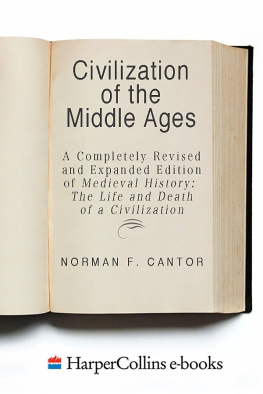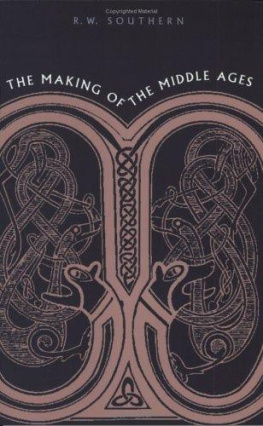ARABIAN SOCIETY
IN THE MIDDLE AGES
Three Vols., demy 8vo, cloth extra, 7s. 6d. each.
THE THOUSAND AND ONE NIGHTS:
Commonly called, in England, " The Arabian Nights' Entertainments ."
A New Translation from the Arabic, with copious Notes, by Edward William Lane .
Illustrated by many hundred Engravings on Wood, from Original Designs by William Harvey .
A New Edition, from a Copy annotated by the Translator, edited by his Nephew, Edward Stanley Poole . With a Preface by Stanley Lane-Poole .
CHATTO AND WINDUS, PICCADILLY, W.
ARABIAN SOCIETY
IN THE MIDDLE AGES
STUDIES FROM
THE THOUSAND AND ONE NIGHTS
BY
EDWARD WILLIAM LANE
HON. DOCTOR OF LITERATURE, LEYDEN
CORRESPONDANT DE L'INSTITUT DE FRANCE
EDITED BY HIS GRANDNEPHEW
STANLEY LANE-POOLE
B.A., M.R.A.S., LAUREAT DE L'INSTITUT
London
CHATTO AND WINDUS, PICCADILLY
1883
[All rights reserved]
PRINTED BY WILLIAM CLOWES AND SONS, LIMITED, LONDON AND BECCLES.
TO THE MEMORY OF
E. H. PALMER,
THE TRUE SUCCESSOR OF
EDWARD WILLIAM LANE,
IN HIS INSIGHT INTO EASTERN CHARACTER AND THOUGHT
AND HIS GENIUS FOR THE ARABIC LANGUAGE,
THIS BOOK IS SORROWFULLY
DEDICATED.
PREFACE.
When Mr. Lane translated the "Thousand and One Nights," he was not content with producing a mere rendering of the Arabic text: he saw that the manners and ideas there described required a commentary if they were to become intelligible to an unlearned reader. At the end of each chapter of his translation, therefore, he appended a series of explanatory notes, which often reached the proportions of elaborate essays on the main characteristics of Mohammadan life.
These notes have long been recognized by Orientalists as the most complete picture in existence of Arabian societyor rather of those Arab, Persian, or Greek, but still Mohammadan, conditions of life and boundaries of the mental horizon which are generally distinguished by the name of Arabian. Their position and arrangement, however, scattered as they were through three large volumes, and inserted in the order required not by their subjects but by the tales they illustrated, rendered them difficult to consult, and cumbrous, if not impossible, to read consecutively. It has often been suggested that a reprint of the principal notes, in a convenient form and in natural sequence, would be a welcome addition to the scholar's as well as to the general library. The publication of a new impression of the "Thousand and One Nights" presented an opportunity for discussing the project; and the result is the present volume.
My task, as editor, has been a simple one. I have rejected only those notes which have no value apart from the main workglossarial notes, for instance, giving the English of the proper names occurring in the Arabian Nights; disquisitions on the probable date of the composition of the tales; and others inseparably connected with the stories themselves. The rest I have arranged in a series of chapters, interweaving the shorter notes in the longer, and giving as far as possible an air of unity to each division. Beyond such verbal alterations as were required by the separation of the notes from the text to which they referred, occasional changes in punctuation, and a slight alteration in the spelling of Oriental names in accordance with my great-uncle's latest method, I have not interfered with the form of the notes as they appeared in the edition of 1859. Such insignificant changes as I have made, I think I may state with confidence, would have been approved by the author. Beyond a few notes distinguished by square brackets, a new and very minute index (in which all Arabic words are explained), and a list of the authorities quoted, I have added nothing of my own.
It may be objected to the title of the book that a considerable part of the notes is composed of recollections of Mr. Lane's personal experiences in Cairo in the early part of the present century. The subject-matter, however, is really medival. The notes have all the same purpose: to explain the conditions of life and society as they were at the time when the "Thousand and One Nights" assumed their present collected form. Upon various grounds Mr. Lane placed this redaction or composition at about the end of the fifteenth century. Accordingly, a large proportion of these notes consist of extracts from the more famous Arabic historians and other authors of the later Middle Ages, such as Ibn El-Jowzee (who died in A.D. 1256), El-Kazweenee (1283), Ibn-el-Wardee (1348), Ibn-Khaldoon (1406), El-Makreezee (1441), Es-Suyootee (1505), who all knew Arabian society in precisely the state described in the "Thousand and One Nights." Most of these authorities were unpublished when the notes were written, and Mr. Lane's quotations are from manuscripts in his own possession. Some are still inedited; and though many have been printed at the Boolk Press and elsewhere, it is surprising how little they have been used by European authors.
To the records of these medival writers, Mr. Lane added the results of his personal experience; and in doing so he was guilty of no anachronism: for the Arabian Society in which a Saladin, a Beybars, a Barkook, and a Kait-Bey moved, and of which the native historians have preserved so full and graphic a record, survived almost unchanged to the time of Mohammad Alee, when Mr. Lane spent many years of intimate acquaintance among the people of Cairo. The life that he saw was the same as that described by El-Makreezee and Es-Suyootee; and the purely Muslim society in which Mr. Lane preferred to move was in spirit, in custom, and in all essentials the same society that once hailed a Hroon er-Rasheed, a Jaafar el-Barmekee, and an Aboo-Nuws, among its members. The continuity of Arabian social tradition was practically unbroken from almost the beginning of the Khalifate to the present century, at least in such a metropolis of Islm as Cairo, or as Damascus or Baghdad. European influence has been busy in demolishing it. Cairo has long been trying to become a bastard Paris instead of the picturesque city of El-Moizz and Salh-ed-Deen, and to forget its traditions of the palmy days of Islm and its memorials of the chivalrous heroes of crusading times. It would be impossible now to gather the minute details of a purely Mohammadan society which Mr. Lane found ready to his eye and hand; and it is therefore the more fortunate that the record of Arabian Society, as it was during the Khalifate and under the rule of the Memlooks in the Middle Ages, and as it continued to be in Egypt to the days of Mohammad Alee, was faithfully preserved in the "Manners and Customs of the Modern Egyptians," and in the notes to the "Thousand and One Nights," which are here for the first time presented in a separate and consecutive form.
STANLEY LANE-POOLE.
December, 1882.
CONTENTS.
CHAPTER I.
RELIGION.
Page
Articles of FaithPredestinationRitual and Moral Laws: prayer, almsgiving, fasting, pilgrimage, etc.Civil Laws: marriage, divorce, inheritance, manumissionCriminal Laws: murder, retaliation, theft, etc.Religious Festivals
CHAPTER II.
DEMONOLOGY.
Angels and Jinn (Genii)Various kinds of JinnPreadamite JinnHistory of IbleesLong life of the Jinn and manner of death; assumed shapesA Jinneeyeh wifeSpirits of the whirlwind and waterspoutAbodes of the JinnSolomon's power over themGhools and other inferior orders




